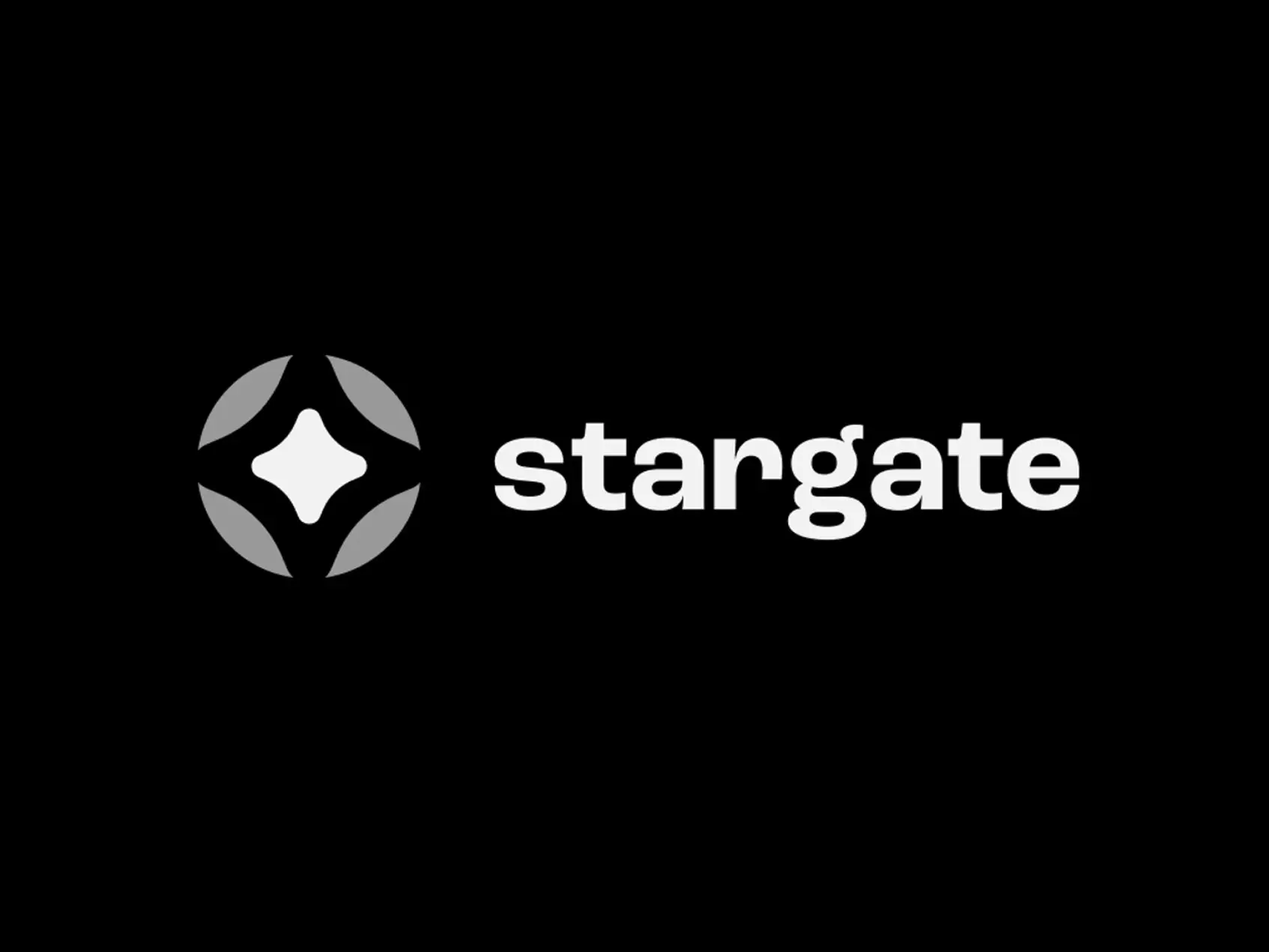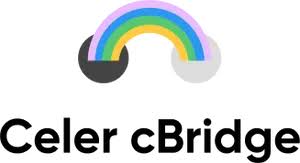
Stargate Finance
Stargate is an omnichain liquidity protocol enabling seamless, secure asset transfers across 80+ blockchains.
Overview
Stargate is a composable omnichain liquidity protocol designed to enable instant and secure asset transfers across more than 80 blockchains. It addresses the fragmentation and inefficiency in current cross-chain asset movement by providing a unified liquidity layer that connects multiple chains, allowing native tokens like USDC, USDT, ETH, BTC, and Omnichain Fungible Tokens (OFTs) to move seamlessly. This infrastructure supports the growing tokenized economy by enabling scalable, low-friction transfers that are faster and more cost-effective than traditional bridges.
Developers can integrate Stargate via its API or smart contract interfaces to build omnichain applications powered by unified liquidity pools. The protocol’s architecture is designed for composability, allowing dApps to leverage Stargate’s liquidity transport primitives to create cross-chain experiences without managing fragmented liquidity. Stargate also supports decentralized governance, enabling community participation in protocol upgrades and parameter adjustments.
What sets Stargate apart is its focus on native asset transfers rather than wrapped tokens, reducing complexity and risk. It supports over 80 blockchains and has facilitated over $65 billion in secure on-chain transfers, demonstrating strong adoption and trust. The protocol’s modular design and comprehensive documentation make it accessible for developers aiming to build scalable cross-chain DeFi, NFT, or financial applications. Getting started involves reviewing the developer docs, exploring supported routes and tokens, and integrating the Stargate API or smart contracts into your dApp.
The Problem
Cross-chain asset transfers today are slow, fragmented, and expensive, limiting the scalability and usability of decentralized applications. Existing bridges often rely on wrapped tokens, increasing complexity and risk for users and developers.
The Solution
Key Features
Cross-Chain Transfer Routes
Supports over 80 blockchains with predefined transfer routes for efficient asset movement.
Stargate Finance Alternatives
Explore web3 competitors and apps like Stargate Finance.

Superbridge
Pricing
Standard | |
|---|---|
| Price (Monthly) | Free |
| Price (Annual) | Free |
| Messaging | N/A |
| Support | Community support via Discord and Telegram |
| Analytics |
Start Building Now
Reliable RPC, powerful APIs, and zero hassle.
Resources
Stargate provides extensive resources including detailed developer documentation, API references, tutorials, and community support channels to help developers integrate and build on the protocol efficiently.


























